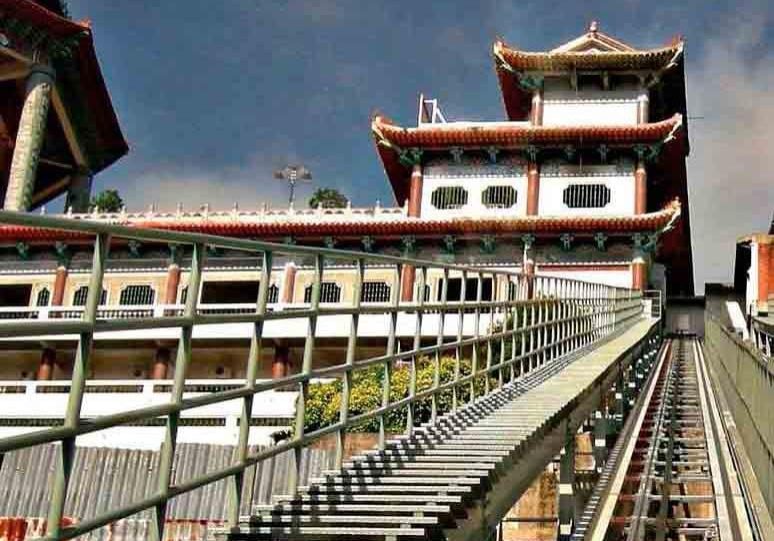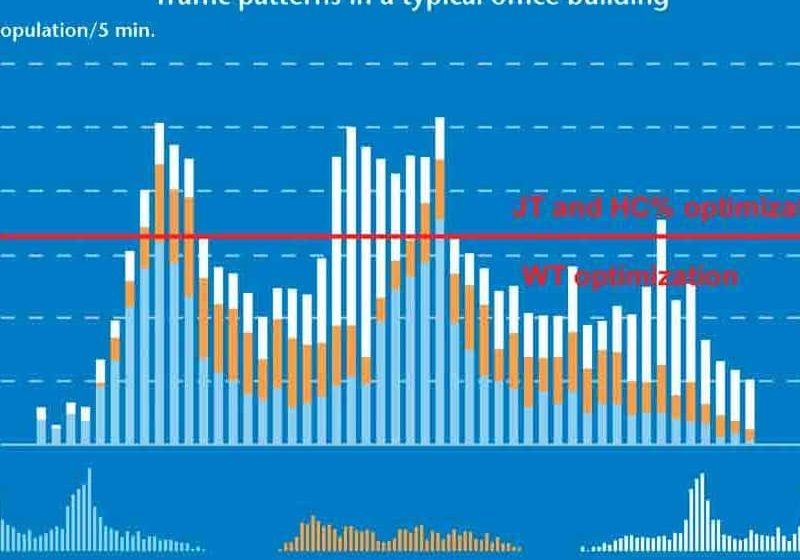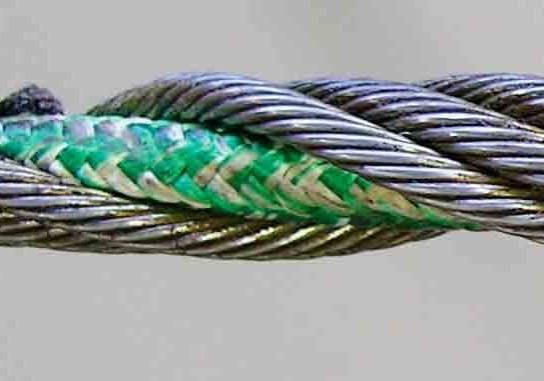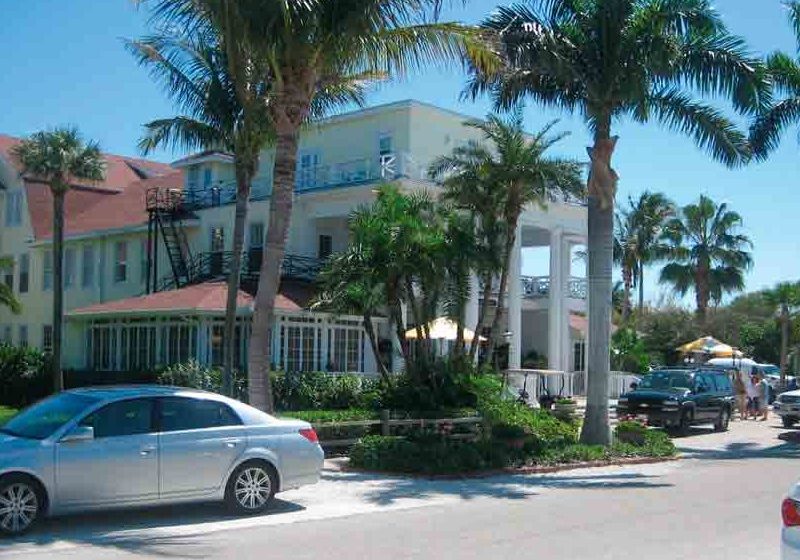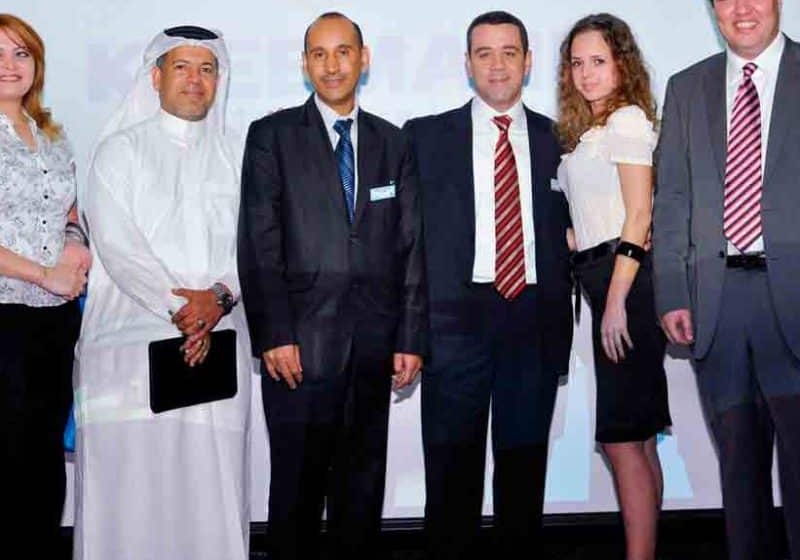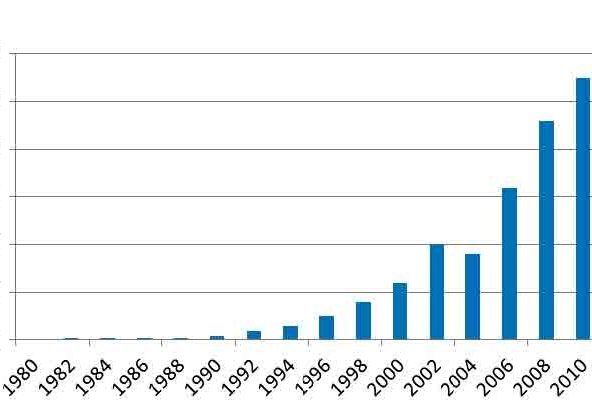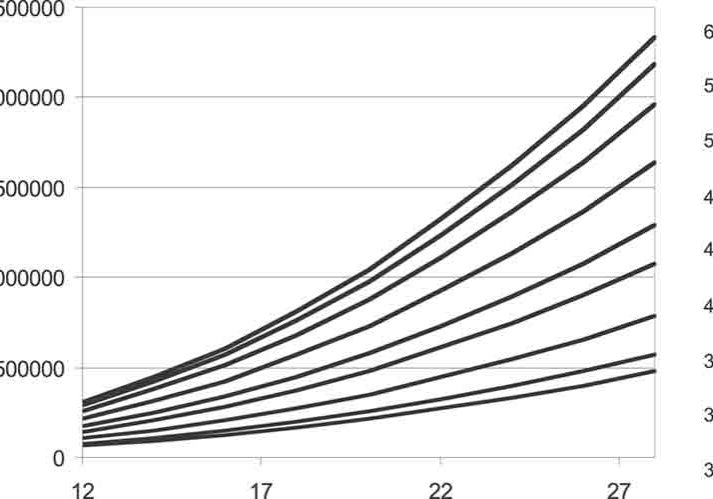Infolev’s 20th Anniversary
Jul 1, 2012
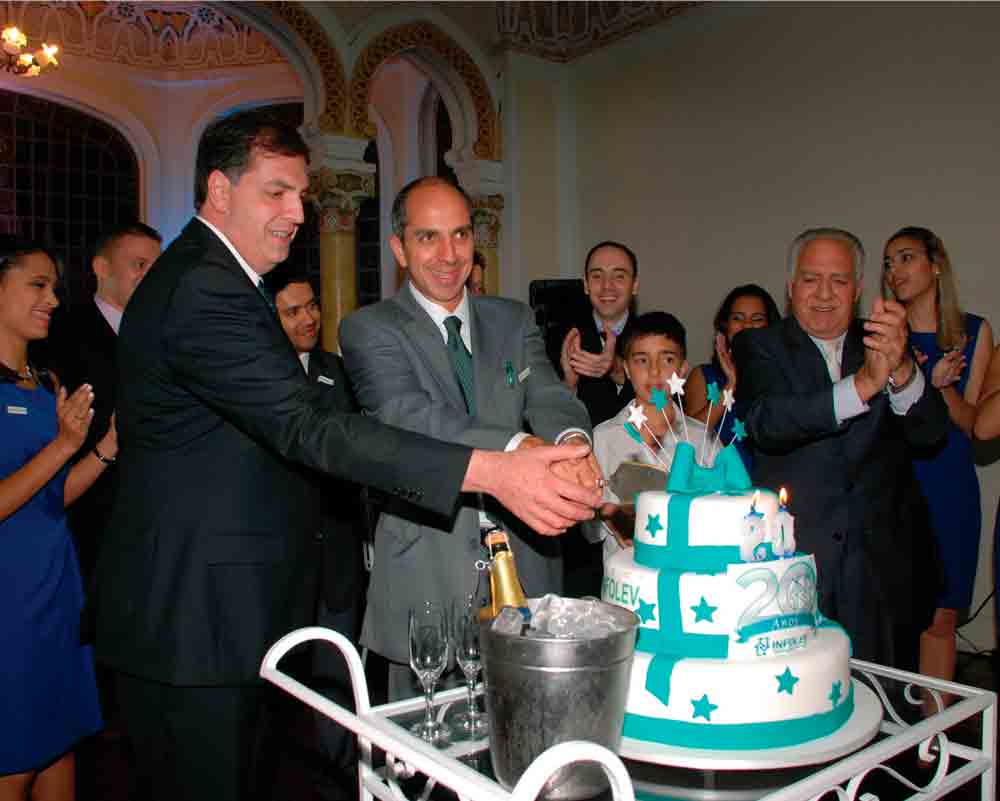
Headquartered in São Paulo, this company celebrates its experience manufacturing electronic controllers and components.
Brazilian company Infolev commemorated its 20th birthday in December 2011 with a month full of celebrations. The company manufactures electronic controllers and related components. In addition to the parties organized in São Paulo, where the company’s headquarters are located, there were other social meetings to celebrate in customers’ and friends’ home cities: Rio de Janeiro and the Bahía y Mina Gerais states. Engineers Paulo and Fabio Aranha, heads of the company, commented on the firm’s beginnings, philosophy and products.
“Could an Electronic Board Replace Relays?”
In 1991 in São Paulo, there were no mobile phones, and the Internet was in its early stages. Mistrust was the general feeling among the elevator maintenance companies, and many questioned whether an electronic board could replace relays. This issue was paramount to the Aranhas, who were confident of success and made a bet on a technological change as they observed multinational companies already using electronic controllers in new installations. The challenge was to make the technology feasible for small companies familiar with mechanical devices. To this aim, the Aranhas adopted a new philosophy: to change competition into alliances with the existing companies. Infolev would supply the electronic technology, and the user companies would install and maintain the equipment. This strategy succeeded, and many of its alliances still exist. In addition to its effects on new installations, the strategy helped mold the elevator modernization business into the important one it is today.
Winning the Maintenance Companies’ Confidence
Infolev had to demonstrate the benefits of electronic controllers when compared to electromechanical controllers. The process required tolerance and patience when installation failures occurred and the electronic parts were damaged. These events were part of the technicians’ learning and adaptation to the new technology. Infolev also organized training courses on equipment operation and installation. Teaching started at its headquarters and was later extended to the main Brazilian cities. This included a specialized group of technicians to permanently assist the maintainers by phone, radio or e-mail.
Company Organization
The technical side of the company consists of three departments: support, assistance and training. Commercially, there are also alliances or associations that receive customized attention and proposals, commercial training and shared advertising. Many Infolev employees started their careers in the company and grew with it. All employees have completed high school, and the company promotes the learning of foreign languages and provides financial support toward furthering employees’ education. Social events are also considered important: in addition to the traditional end-of-the-year festivities, the plant opens its doors to the employees’ families to show them the headquarters’ daily activities.
A Promising Future
Fabio concluded:
“During the last 20 years, we were able to compete successfully and ethically in a very difficult market made up of national and foreign companies. We consider that the future is promising for the elevator industry, and consequently, for us, too. To date, 50% of the world population lives in urban areas and, probably, by 2050, the figure will climb to 70%, particularly in developing countries such as Brazil. If we add the accessibility needs of an aging population and those of people with different capabilities, the demand of vertical transportation will increase accordingly. Another potential to take into account will be the enforcement of efficient and [ecologically] sustainable equipment to save energy and protect the environment.”
Get more of Elevator World. Sign up for our free e-newsletter.


